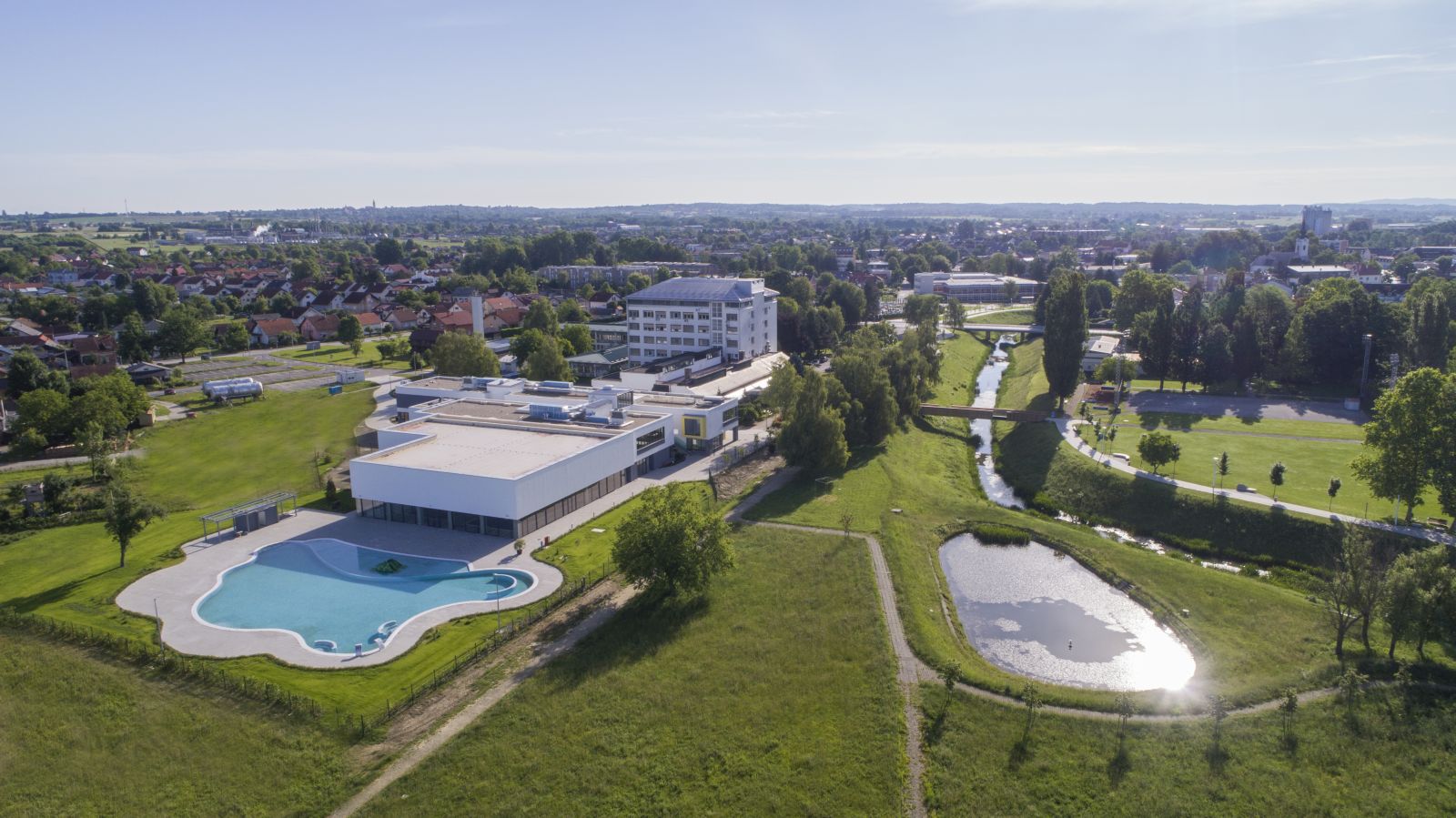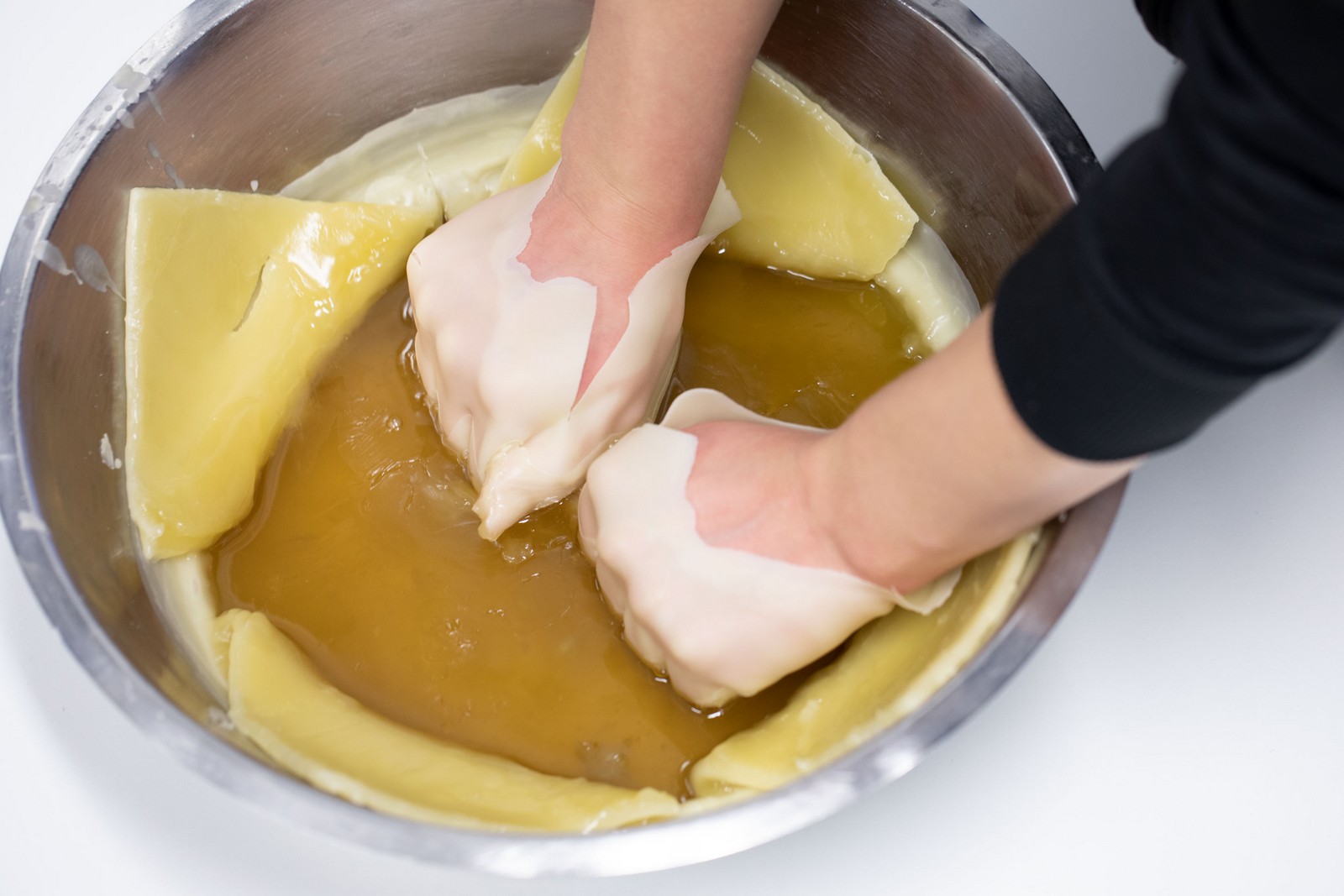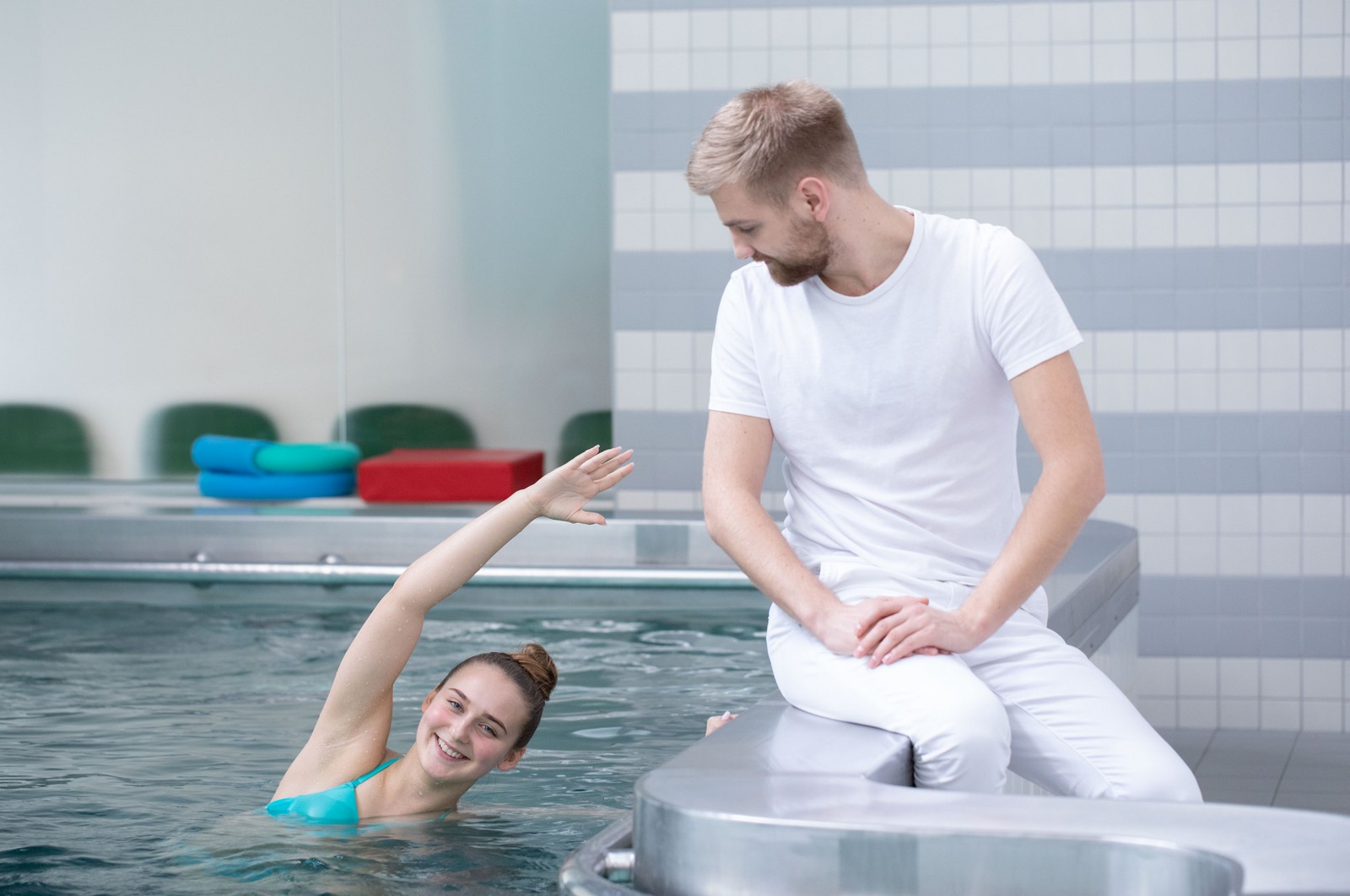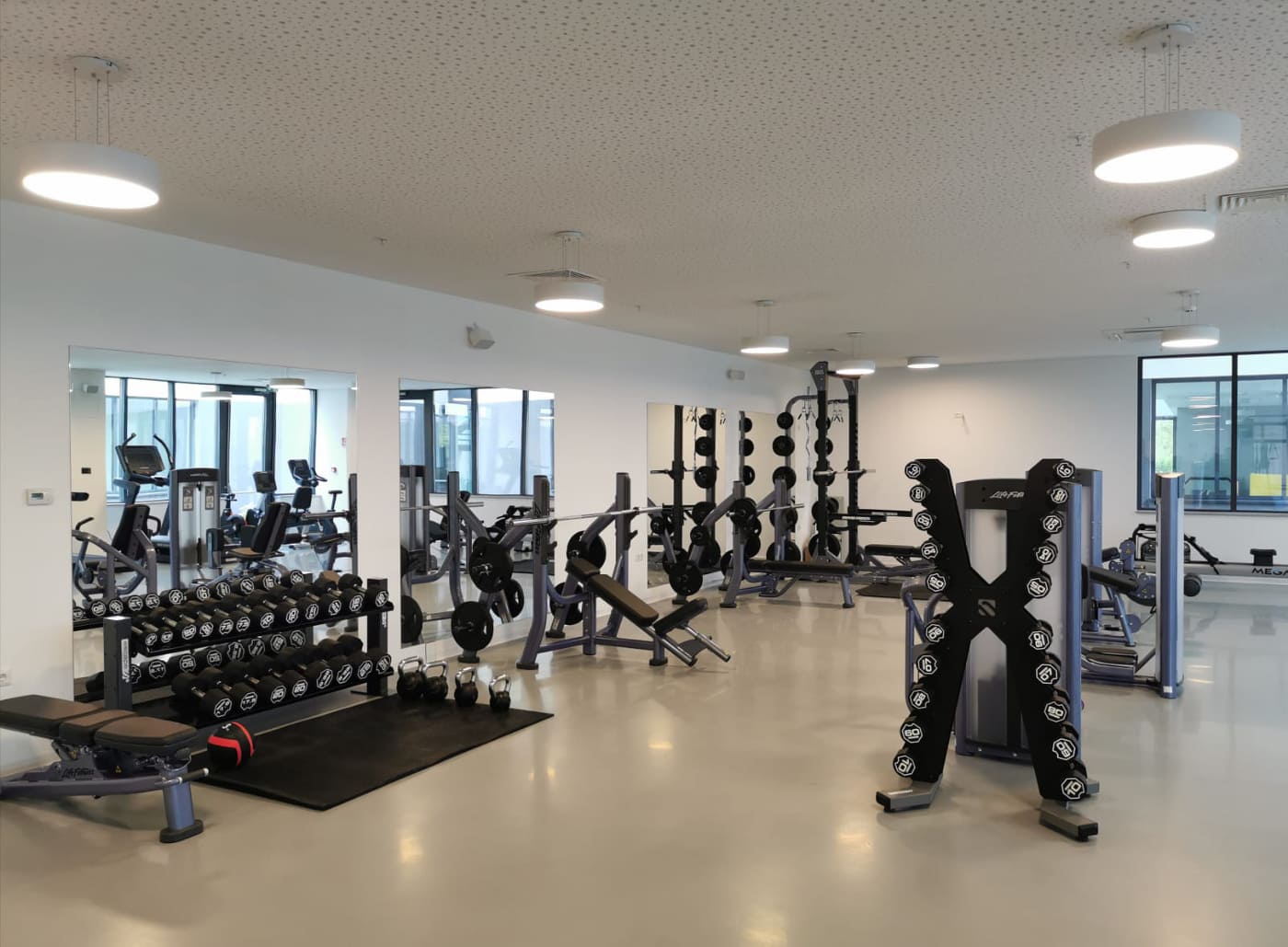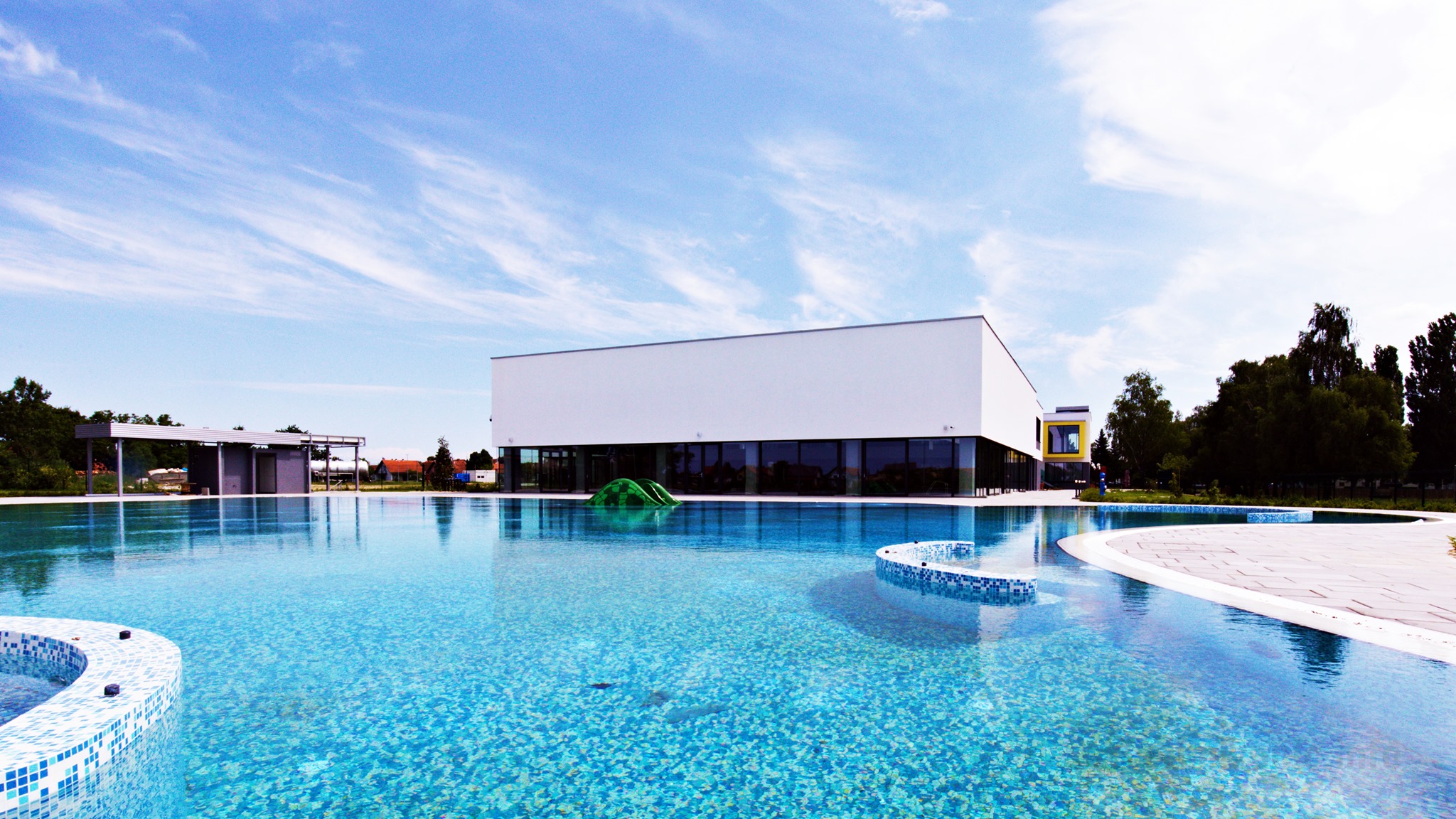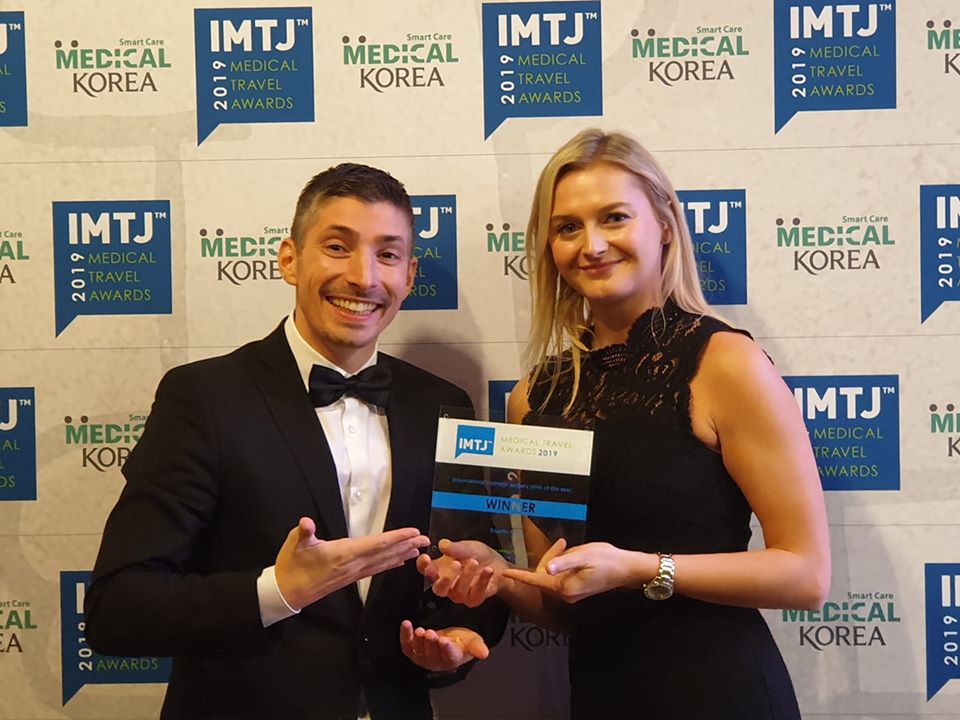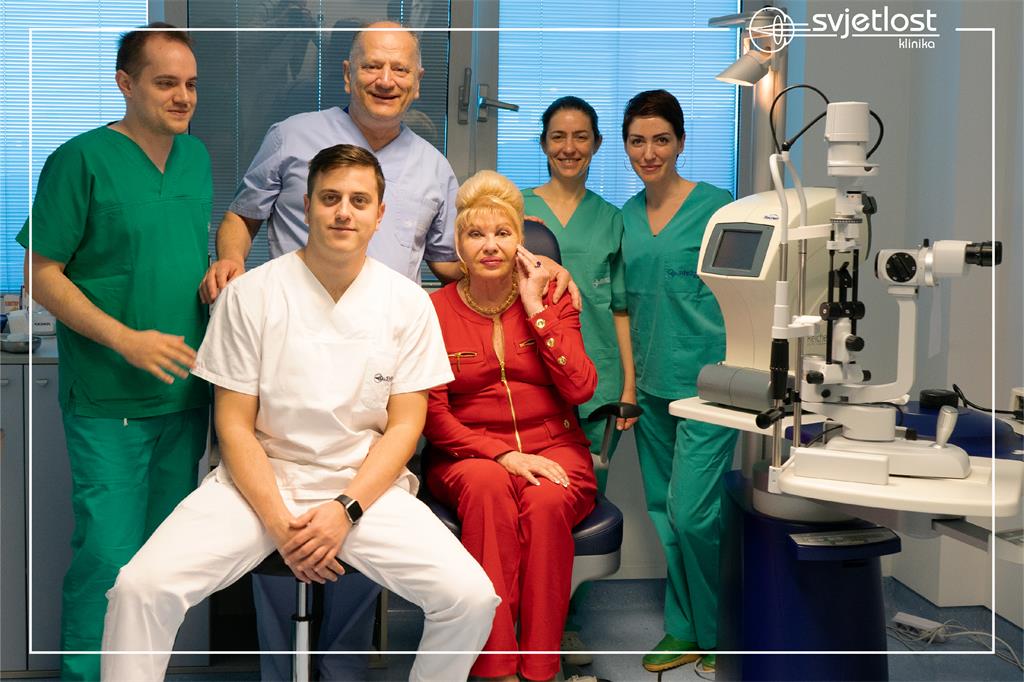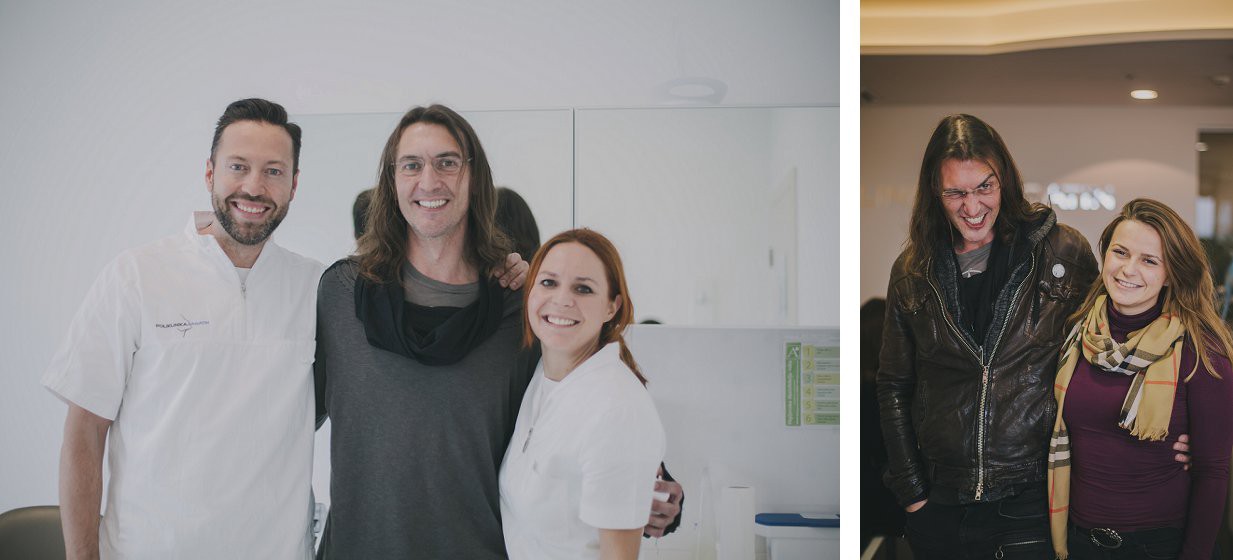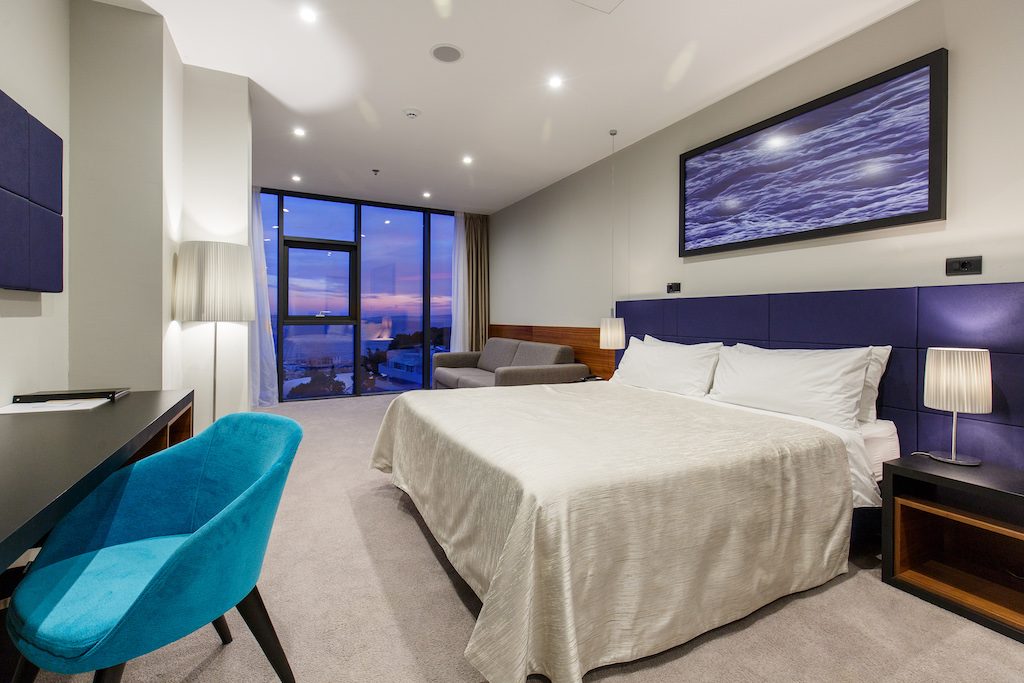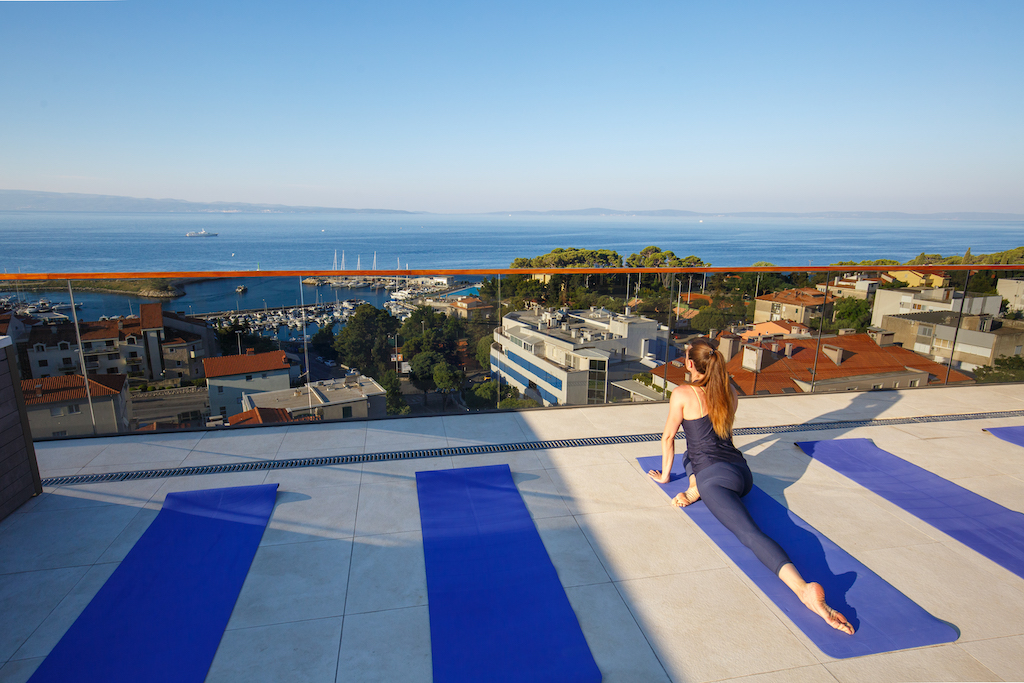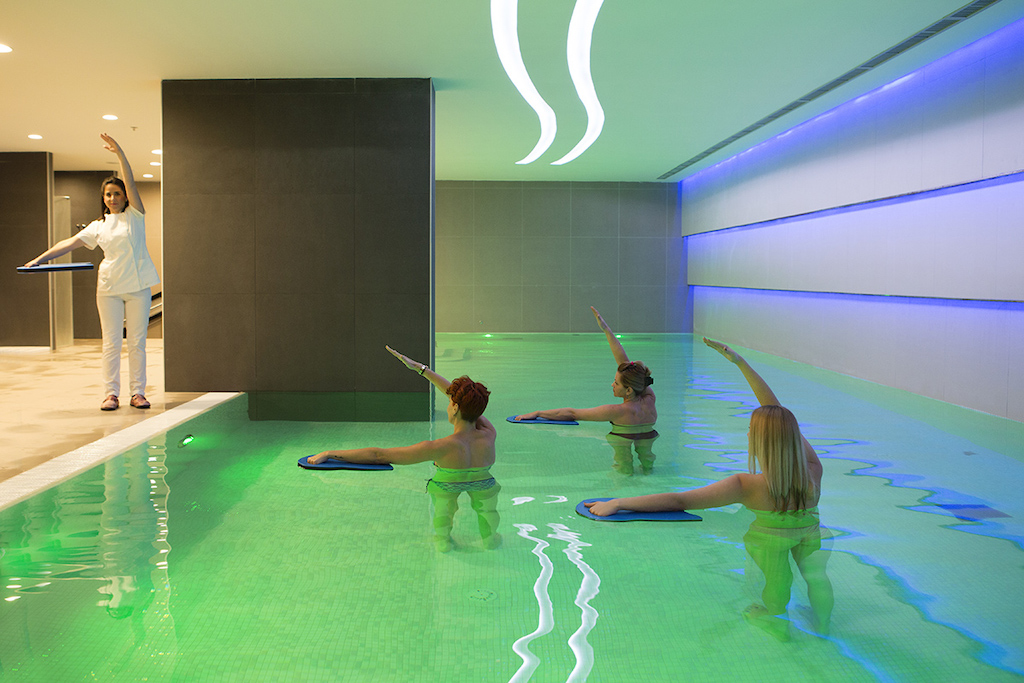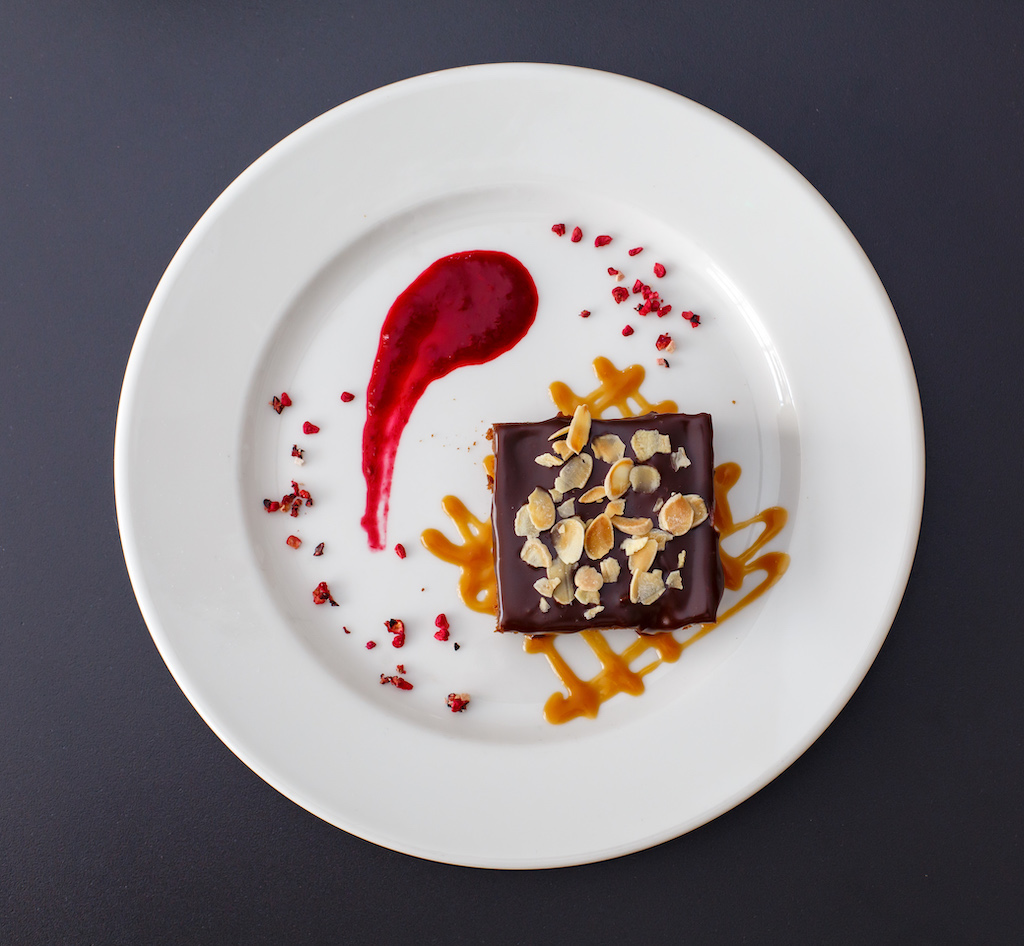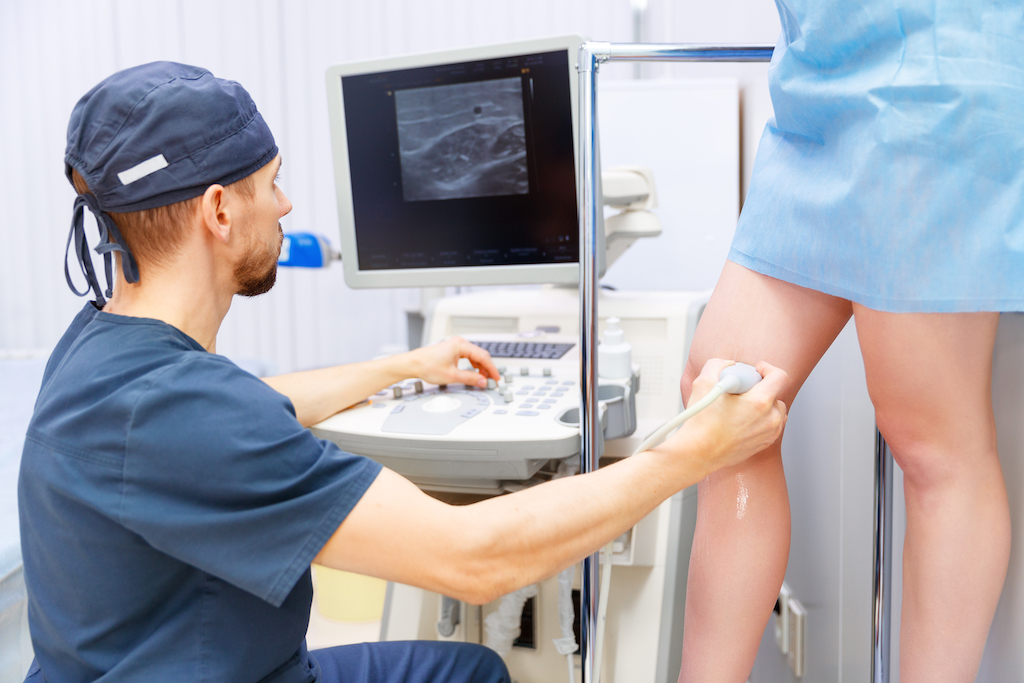May 17, 2020 - After health tourism came to a halt because of the coronavirus pandemic, the owners of dental offices and polyclinics in Croatia are waiting for the borders to open again. The return of guests from abroad is also desired by other health care institutions that realize part of their income from the provision of services to foreign clients, such as cosmetic surgeons or spas.
Novi List reports that it is estimated that the daily consumption of wellness users last year was almost 150 euro, in spa tourism 60 euro, and in medical tourism 240 euro. According to official estimates, health tourism brings in about 500 million euro a year, and mostly hosts residents of Germany, Slovenia, Austria and Italy. As it turned out, the Croatian border today is no longer an obstacle to the arrival of foreign clients who are interested in dental implants or breast augmentation, because, in principle, anyone who books a hotel room can enter the country. But the Italian border, for example, is still closed, while most other countries still have rules stricter than ours. The largest number of clients of dental institutions in the Primorje-Gorski Kotar and Istria counties come from Italy.
"We had to cancel a number of appointments in the last two months, and the situation became more complicated for our clients during that time. We are waiting every moment for the borders to open, and according to the information we have, they are ready and eagerly waiting to come," says Zeljko Miljanic, the founder and owner of the Rident Polyclinic.
It is customers from Italy who make up 90 percent of their customers. Due to the closure of the borders, 210 employees in the three polyclinics have been at home for two months, on hold, hoping that the borders will finally open. So far, says Miljanic, they have managed to get through this time without firing any employees, but if something does not change soon, it will not last long. "And the includes maintenance and investment are extremely large for us," he points out.
"As health tourism, we are the second most profitable activity in the county, and I hope that the local self-government will start thinking about the fact that many people will depend on us, on the tax and surtax we pay," says Miljanic.
He hopes that the Italians will get permission from their authorities to leave the country in June, which would allow our entrepreneurs in the field of dental tourism to continue working. The Croatian Chamber of Dental Medicine (HKDM) says that the resumption of work with foreign clients will not happen overnight, but they expect things to return to normal gradually.
"Given the dynamics of the gradual, phased withdrawal of protective measures in Croatia, as in other European Union countries, we expect an adequate gradual return to everyday life, which includes the provision of comprehensive dental care in dental offices to foreign nationals. Providing these services to the extent we had before the pandemic was declared will certainly not be overnight, but the quality dental services provided by foreign patients in our surgeries will continue to be interesting for foreign patients, who we believe will continue to show interest in dental tourism services in Croatia," says the President of the Chamber, Hrvoje Pezo. He points out that the maximum caution and protection of both the foreign patient and the dental service provider is extremely important.
The protocol of treatment is elaborated in detail, so the rules of conduct and personal protection are well known when you come to the dental practice. At the Rident Polyclinic, they point out that they had extremely high standards of protection even before the coronavirus epidemic, which is confirmed by the fact that despite the large number of clients from Italy, they did not have a single case of coronavirus infection just before the border closed.
"Back in February, we had clients from the zones in Italy that were most affected by the infection. Despite that, no dentist has contracted COVID," Miljanic points out.
Today, the rules for crossing the Croatian state border are such that for a foreign citizen to enter the country, it is advisable to contact the border police by e-mail, if a person wants to be sure that he will not be banned from entering Croatia. The Chamber points out that their members are ready to help their clients in this.
"Dental doctors are ready to help foreigners in collecting the necessary documentation related to entering Croatia for the purpose of providing dental care. However, the details of crossing the border, as well as countries in transit, need to be elaborated in more detail and certainly enable the simplest possible entry procedure, which in accordance with EU directives ensures free migration of EU citizens and citizens of other countries," says Pezo.
The coronavirus pandemic has taught people to be careful, and the question is how many Italians will go to the dentist in another country during a pandemic, albeit on a much smaller scale than a month or two ago. As in general tourism, caution could significantly reduce the number of foreigners coming to Croatia. The Chamber of Dental Medicine is aware of this problem, but still believes that the interest of foreign clients will not be absent.
"At this moment, it is necessary to create preconditions for the re-migration of patients, both Croatian and foreign citizens. European Union countries are cautiously withdrawing protective measures that will rekindle the interest of foreign clients, since Croatia is an interesting destination, and the dental services themselves are at an extremely high level of quality, which foreign patients have recognized," says Pezo.
He adds that the chamber has developed professional guidelines for full-scale work during the coronavirus pandemic, which guarantees maximum protection for all patients.
In the last two months, the Chamber has continuously cooperated with the Crisis Headquarters at the Ministry of Health, and as a professional organization of dentists, dental technicians and dental assistants, pointed to professional guidelines based on scientific knowledge and experience in the everyday practice of dental practices. "All decisions of the Crisis Headquarters were implemented at the county level, where, in only a few cases, the organization of dental work was specific. In an effort to help its members, the chamber gave its suggestions in writing, which were accepted by these counties," they point out.
The losses in health tourism are huge, as in other parts of the economy. In dental tourism, the drop in traffic is up to 100 percent. The economic aid measures adopted by the Government, including dental medicine, will, they say, alleviate the financial difficulties of dentists and dental technicians, but they hope that there will soon be economic growth in their business.
"Losses in dental tourism are 100 percent, which is why the Chamber is cooperating intensively with the Ministry of Health and the Ministry of Tourism on the reactivation of dental tourism, because health tourism, due to its advantages, could be a lever for tourism in Croatia," Pezo said. The advantages of health tourism are related to the fact that there is no seasonality, so it is tourism that is current throughout the year, patients are tied to one place, or to the health institution they come to, can be kept under health supervision. A special advantage is that health professionals who provide health services have professional knowledge and appropriate education and can adequately take care of all necessary protective measures, according to the Chamber of Dental Medicine.
Cosmetic surgery is in a slightly more favorable position, which depends to a much lesser extent on foreign clients. At the Zoran Žgaljardić Center for Aesthetic Surgery, foreign patients make up only 20 to 30 percent of the total clientele. Despite this, they hope to return to 'normal' as soon as possible so that they can work at full capacity.
"There are interested parties whose operations were canceled last month and the month before last, and now they are calling to schedule a new appointment," says Žgaljardić, who is not convinced that opening the borders will quickly normalize and foreigners rush to our clinics.
"People have no fear if things are regulated. If we open the borders, a foreigner who wants to come to our clinic will receive an invitation letter for surgery, and then he will solve the rest in his country," explains the cosmetic surgeon.
He believes that the return of clients from neighboring countries will not happen so fast.
"People will be scared because things are not clear until the end. Each of us in this situation will have some priorities and security put in the first place, and something will be postponed for later," he believes.
But safety reasons, in his opinion, should not be an obstacle for someone to decide on an aesthetic procedure, without fear of infection.
"If you have a man who is healthy and if the instructions are followed, the chances of something happening are minimal. Our client, if he comes from abroad, gets in the car, crosses the border, has an operation, returns home. It is a closed story, the possibility of infection is reduced to a minimum. But people need to be aware that they need to be careful," he points out. He noticed that people in our country have become quite free, relaxed, and act as if it is not an epidemic. He is not very happy with that, because there is always a risk of the virus coming back.
"Some people relax and think it's not like that, but it is, no matter what they think about it. Some of us think it’s stupid to wear a mask, but I, as a doctor, don’t think so until a vaccine or cure is found. Everyone should think for themselves and take the strictest measures, that is the only thing that is intelligent in this situation," Žgaljardić points out.
In his clinic, they apply all prescribed protection measures, from disinfection to masks and visors. Visors are used in surgical procedures, especially the anesthesiologist during intubation, while he, as the doctor at the examination, wears only a mask.
"We start from the assumption that we work with a healthy person. We could also test our patients, but realistically he can get infected a few hours later. Testing is relative proof that a person is healthy," explains Žgaljardić. Ultimately, he adds, a patient can also be infected, but does not have to pass the disease on to anyone if everyone is properly protected.
Although cosmetic surgery is a branch of health tourism that could potentially suffer more than others, because it does not seem to be a priority, this interlocutor claims that this cannot be seen as such, and that the issue of cosmetic surgery and its urgency is very individual.
"Being a reward for some is a priority for others. Some people will never come to me, they will think it’s stupid, and others will. Physical disability is not an upgrade, it makes a person depressed, it brings with it another issue. Just because something is beauty-related doesn’t mean it has no basis for health. It is not, of course, cancer, but there are many other similar procedures on the body that do not have to be done, and they are important to people," Žgaljardić illustrates and announces that he is resuming his activity at a slow pace and with great caution.
"This year, we are all trying to survive, to stay afloat, and at the same time, we live in optimism," he concludes.
To read more about business in Croatia, follow TCN's dedicated page.


